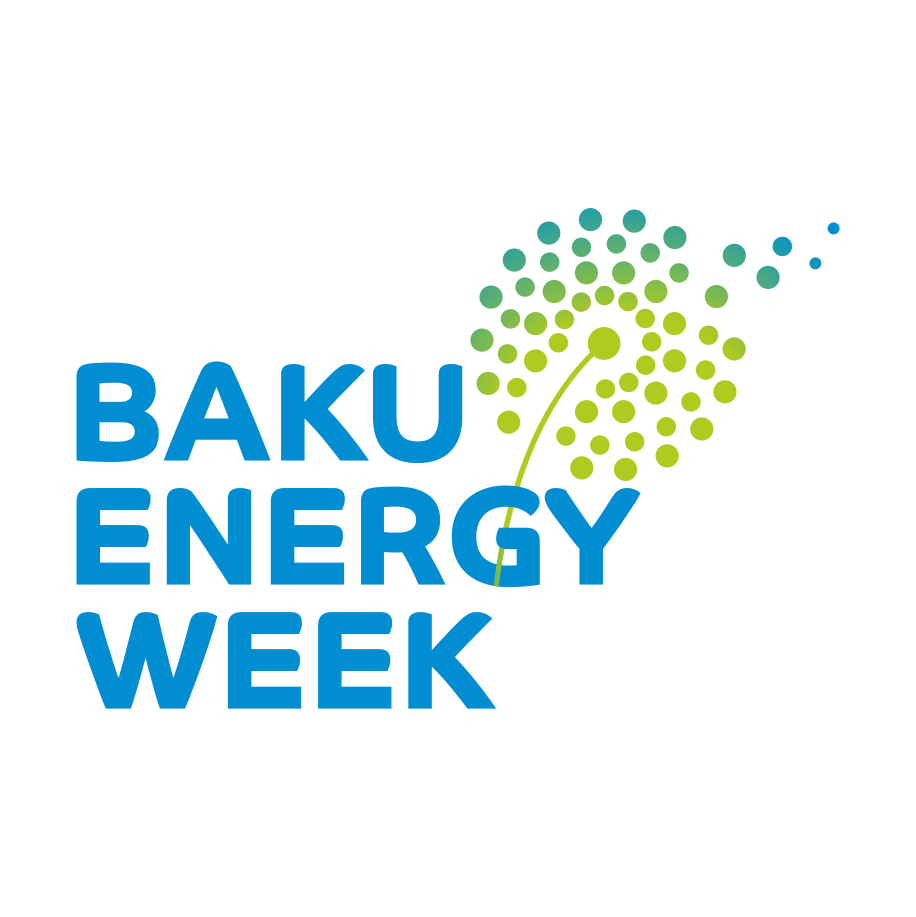BAKU, Azerbaijan, June 1. On June 2-4, Azerbaijan’s capital will once again take center stage on the global energy calendar with the launch of Baku Energy Week - one of the industry’s most important international gatherings. This year marks the 30th edition of the event, reaffirming Baku’s reputation as a respected global energy hub that brings together interests from Europe to Asia.
Baku Energy Week will feature three major events: the 30th Caspian Oil and Gas Exhibition, the 13th Caspian International Power and Green Energy Exhibition, and the 30th Baku Energy Forum. The event’s format reflects a key trend in today’s energy sector - the growing synergy between traditional resources and the global transition to green energy.
Global reach and growing international interest
This year’s event will host 267 companies from 39 countries, covering the full spectrum of the energy sector — from Europe and the Middle East to Asia and Africa. Among the participating countries are Germany, the UK, Italy, Japan, the US, France, Saudi Arabia, Türkiye, Kazakhstan, Uzbekistan, the UAE, and many more.
Notably, 35% of this year’s exhibitors are new to the event, and about 70% of participants are international companies. This highlights the growing global interest in Azerbaijan’s energy potential and its role in shaping a resilient, diversified energy landscape across Eurasia.
What to expect: new deals and a sustainable energy future
As in previous years, Baku Energy Week is expected to deliver a series of important agreements and contracts. This year, several new deals and memorandums are anticipated, covering both traditional oil and gas ventures and renewable energy projects.
Azerbaijan’s commitment to a balanced, forward-looking energy policy was evident at last year’s event, where deals were signed for three renewable energy projects with Masdar, totaling 1,000 MW. Agreements included an addendum to an investment deal between Azerbaijan’s Ministry of Energy, Azerenerji, and Masdar for the 445 MW Bilasuvar Solar Plant, 315 MW Neftchala Solar Plant, and the 240 MW Absheron Wind Farm in Garadagh. The Garadagh Wind Farm project itself was also approved, alongside power purchase agreements, grid connection contracts, and land lease deals.
Additionally, on June 4, SOCAR and BOTAŞ signed four cooperation agreements covering the transit of Azerbaijani gas to Europe via Türkiye, gas supplies to Nakhchivan from Türkiye through the Igdir-Sadarak pipeline, the transit of Turkmen gas to Türkiye via Azerbaijan, and an extension of the Shah Deniz Stage 1 gas supply contract from 2025 through to 2030.
Reliable energy partner for Europe
Azerbaijan continues to strengthen its position in the European energy market, establishing itself as a reliable, predictable, and long-term partner. Amid growing global uncertainty and the urgent need to diversify energy supplies, European nations are increasingly turning to Azerbaijan as a stable and strategic supplier.
The country has demonstrated its commitment to energy solidarity by expanding export routes, upgrading infrastructure, and increasing supply volumes. Its deepening energy dialogue with Europe - both bilaterally and through multilateral platforms - is contributing to the creation of a collective, secure, and diversified energy network.
As President Ilham Aliyev stated during the 11th Southern Gas Corridor Advisory Council Ministerial Meeting and the 3rd Green Energy Advisory Council Ministerial earlier this year, geography of Azerbaijan’s gas supplies will definitely grow through different ways, including interconnectors.
"Today, Azerbaijan supplies natural gas to 12 countries — 10 of them are European, and eight of those are members of the European Union. The geography of our gas supply in Europe will definitely grow, because today we are already involved in the creation of gas distribution networks in some European countries. Some of them do not have one, some of them need to expand it, and Azerbaijan, as an investor, is planning to do that," President Ilham Aliyev said.
Driving the green transition
At the same time, Azerbaijan isn’t limiting itself to conventional energy sources. The shift toward a green economy has become a national priority, with the country actively partnering with international players in renewable energy and rolling out large-scale solar and wind power projects. These efforts underscore Azerbaijan’s commitment to sustainable development and its integration into the global climate action agenda.
Azerbaijan is working closely with international firms like Masdar and ACWA Power, alongside infrastructure initiatives backed by international financial institutions such as the Asian Infrastructure Investment Bank (AIIB) and the Asian Development Bank (ADB). These partnerships reflect Azerbaijan’s strategic focus on renewable energy growth and its role in building a sustainable energy system for the region.
This balanced approach - combining traditional energy resources with a strong push for green energy investments - positions Azerbaijan as not only a key player in Eurasia’s energy sector but also a vital partner in Europe’s current and future energy security. Baku Energy Week is further proof of this strategic direction and of the country’s growing influence in the global energy arena.







